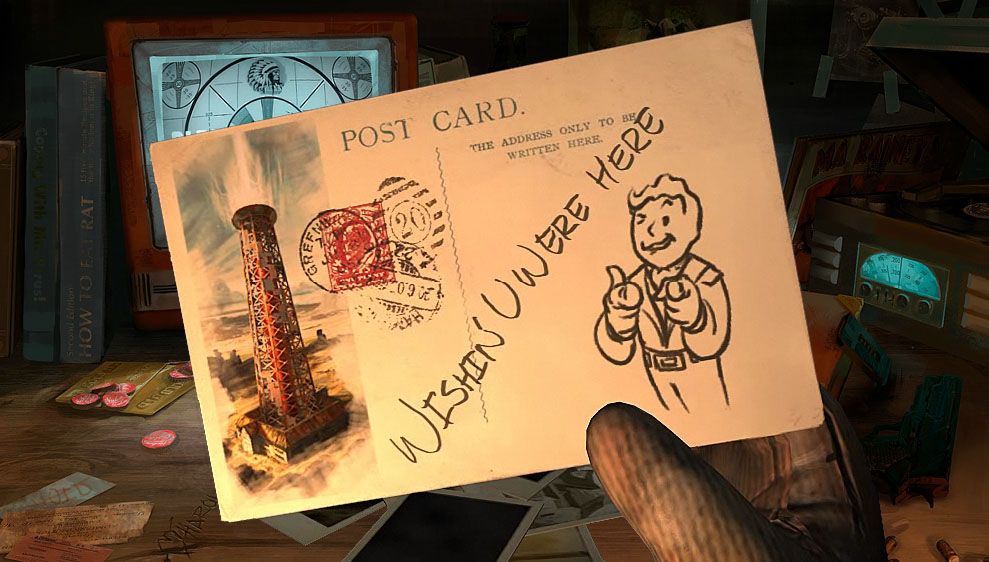Bethesda Softworks has been locked for a long time in a legal battle against publisher Interplay and developer Masthead Studios over the upcoming (maybe?) Fallout Online MMORPG.
When Interplay sold the Fallout intellectual property to Bethesda in 2007, the two parts agreed that Interplay would still be able to develop and publish a MMORPG based on the franchise. After that, claiming that Interplay failed to meet contractual obligations, Bethesda tried unsuccessfully to halt the development of the budding game.
Earlier this month (on the 14th) Bethesda gave it another go, filing an copyright infringement lawsuit directly against Masthead, aiming for a TRO (Temporary Restraining Order) that would have prevented the developer from working further on the game . Bethesda alleged that Interplay violated the initial trademark license by sub-licensing the development of the game to another studio (while the initial trademark deal wasn't transferable) and that Masthead is using copyrighted materials without having the right to do so, as the deal only included the Fallout name, excluding the use of any further copyrighted assets that are still property of Bethesda itself.
Masthead did not file an opposition, but the United States District Judge Honorable John F. Walter decided on the 21st to deny the TRO, ruling in favor of the defendant (that wasn't really defending).
According to the resulting legal document the Judge determined that requesting a TRO is comparable to requesting a preliminary injunction, an extraordinary and drastic remedy that puts the burden of persuasion on the plaintiff, especially when such an injunction is requested "ex parte" (in the absence of the defendant). This means that Bethesda needed to demonstrate that it would have received irreparable damage if the development of the Fallout MMORPG was allowed to continue , and that it had no fault in creating the issue that resulted in the lawsuit.
Bethesda failed to demonstrate that it would be irreparably damaged by the continued development of the game, and was aware since February 2011 of the possible infringement to it's copyrights. Failing to immediately sue for copyright infringement then, means that Bethesda is (according to the Copyright law) partly at fault for not defending it's intellectual property in a timely manner (this is why corporate lawyers, including Bethesda's, are normally so fast at suing as soon as they notice a potential copyright or trademark infringment, as it happened with Minecraft's developer Mojang, with the current law system it's better be safe than sorry).
Due to that the judge denied the TRO requested against Masthead, that will, for now, be able to continue to work on Fallout Online. I say "for now", because the legal battle seems to be far from near it's conclusion and, as evidenced by the ruling itself, Bethesda still has plenty legal tools to try and stop the development of the MMORPG before it releases.

